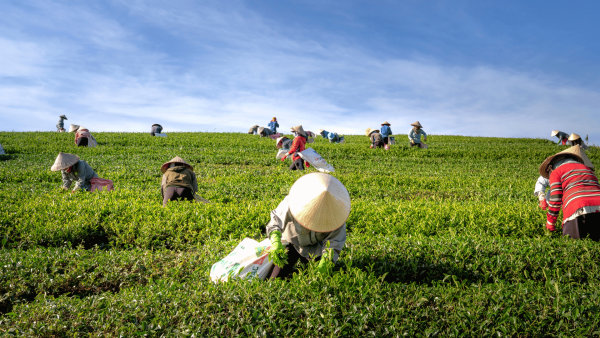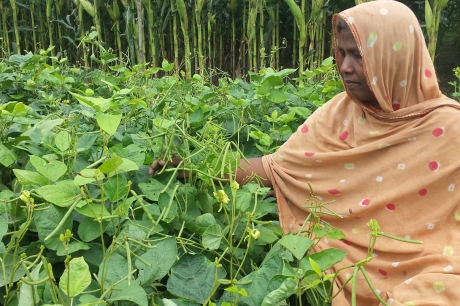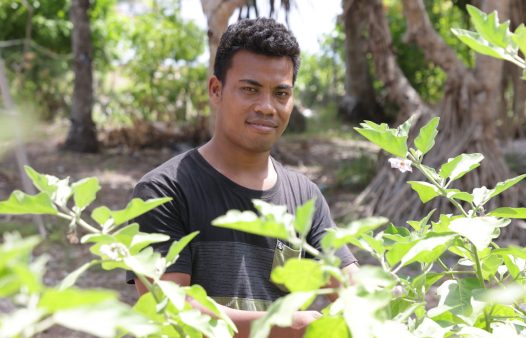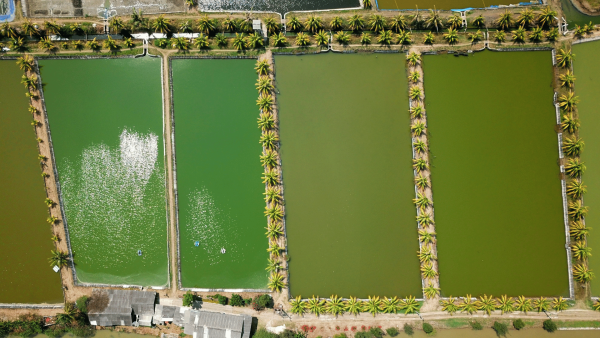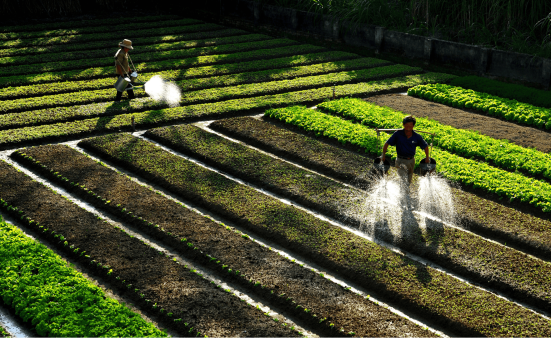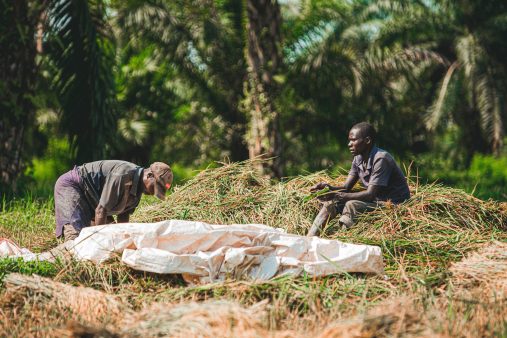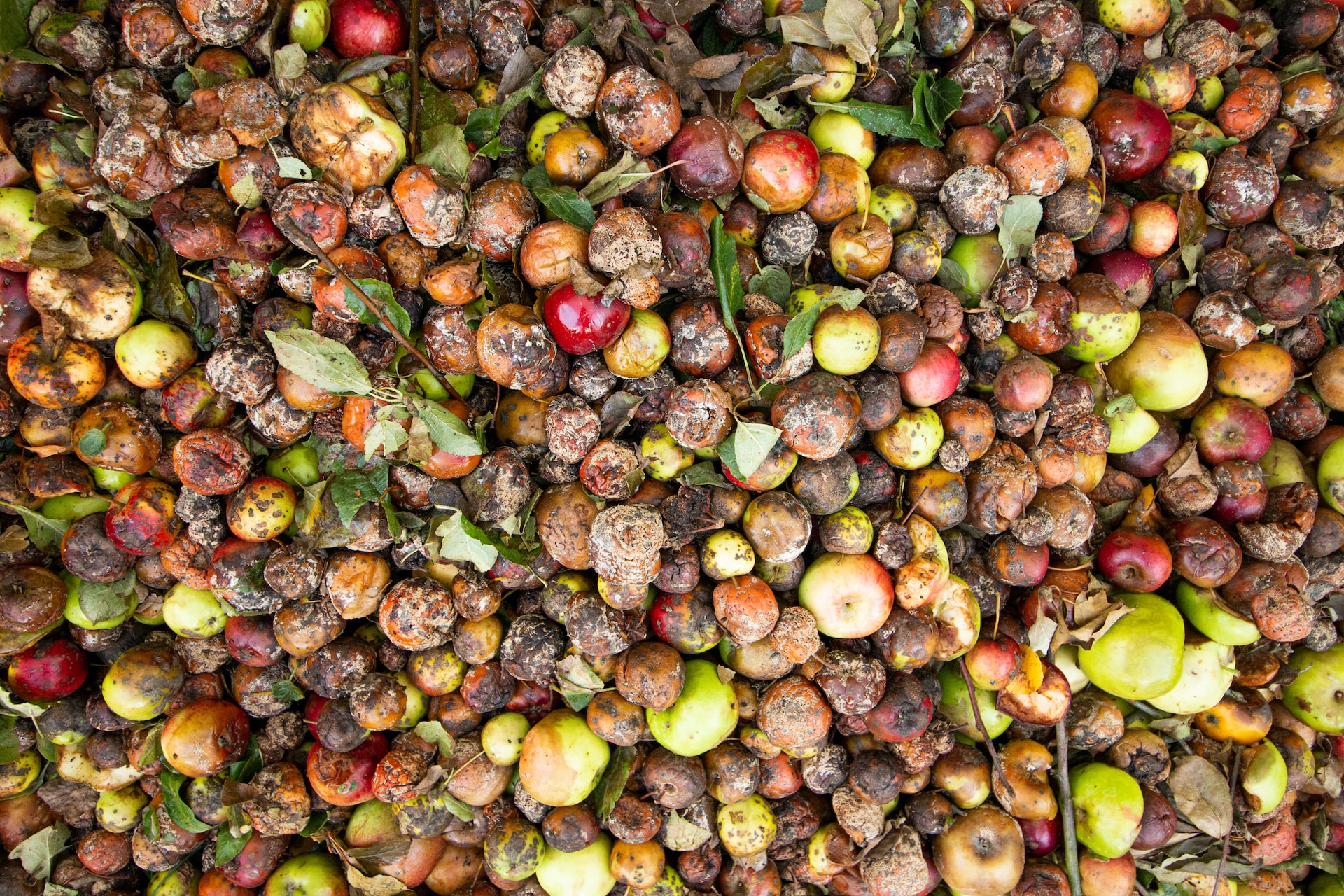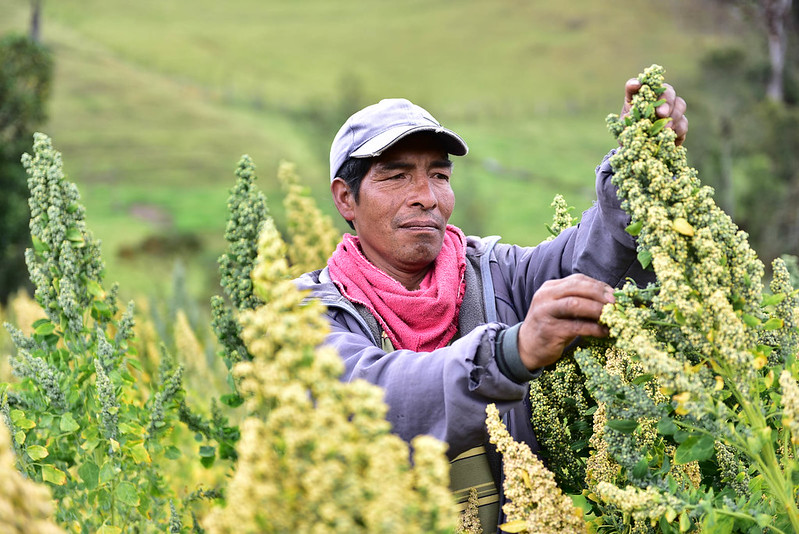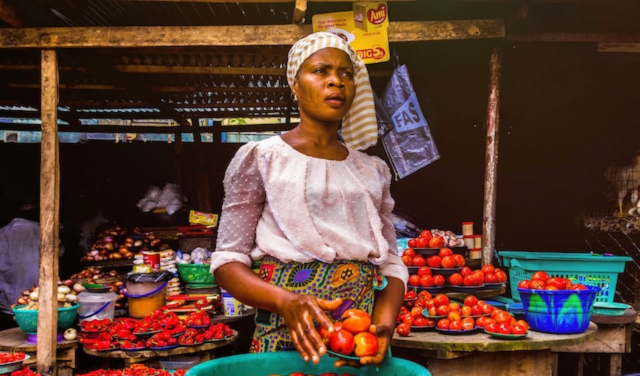Tag: nutrition

Nominations Open for the 2025 Curt Bergfors Food Planet Prize
Global: Nominations are now open for the Curt Bergfors Food Planet Prize, offering a $2M prize to a single winner dedicated to the food system.
Read MoreMore than One Billion Meals Are Wasted Per Day According to a New UNEP Report
Global: A new report by UNEP confirms that food waste is a global problem fuelling climate change, nature loss, pollution and food insecurity.
Read MoreSubmissions Now Open for The Top Agri-food Pioneers (TAP) List
Global: Submissions are now open for the Top Agri-food Pioneers (TAP) List by the World Food Prize Foundation in honour of its 38th anniversary.
Read MoreFour Ways Pulses Nourish Soils and Soils Nourish Us
Global: Pulses do not only boost our food security and nutrition, but they also nourish our soils and benefit the environment.
Read MoreSelf-Sufficient Farming for Better Health in the Remote Pacific
Oceania: Using self-sufficient farming techniques that nurture natural resources, rural people are leading the way in sustainable farming.
Read MoreCould Integrated Aquaculture-Agriculture be the Future of Farming?
Asia: Integrated Aquaculture-Agriculture shows significant improvements in nutrient and economic productivity, a new WorldFish study in Bangladesh reveals.
Read MoreHidden Costs of Global Agrifood Systems Worth at Least $10 Trillion
Global: FAO's groundbreaking analysis of agrifood systems reveals a staggering $10 trillion annually, urging global action for transformative change.
Read MoreThe State and Future of Africa’s Food Systems: A Conversation with Dr John Ulimwengu
Africa & Middle East: Dr John Ulimwengu discusses a new report on Africa's food systems – their current status, the future and opportunities.
Read MoreSwaminathan: My Hero, My Mentor
Asia: Dr Channa Prakash highlights the work of M.S. Swaminathan as an agricultural scientist, author of the Green Revolution and more.
Read MoreThe Innovations Tackling Food Loss and Waste
Global: To reduce food loss and waste, it is imperative that the right innovation is applied in the right place, to deliver the right impact.
Read MoreRealising the Potential of Neglected Crops in Latin America
Latin America & the Caribbean: Neglected crops can help improve livelihoods and nutrition, while reducing the environmental impacts of food production across Latin America.
Read MoreIs It Time to Rethink Agricultural Subsidies and Support in Sub-Saharan Africa?
Africa & Middle East: The Global Panel on Agriculture and Food Systems for Nutrition and FAO Regional Office for Africa discuss agricultural subsidies in Africa.
Read More

